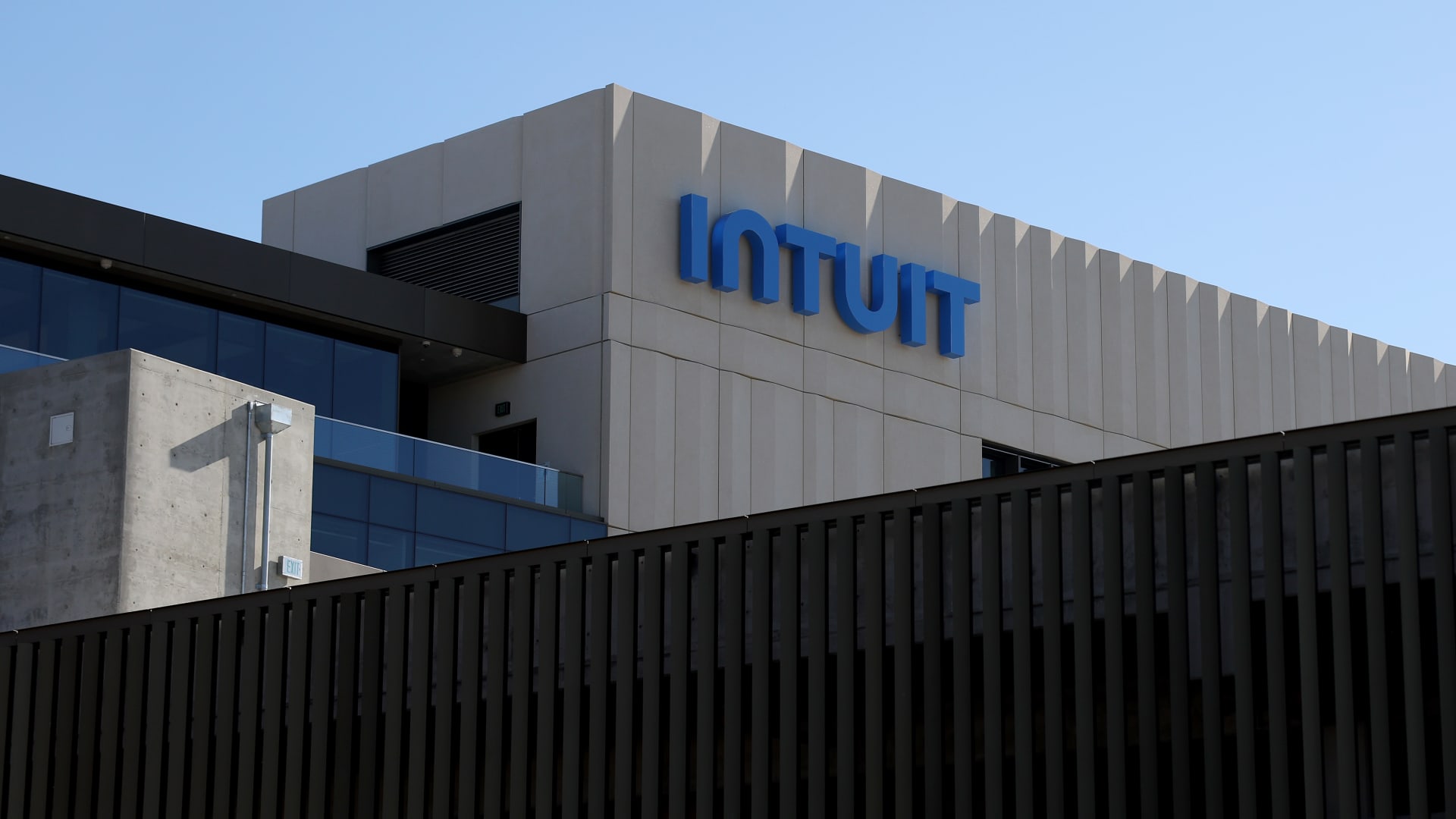
A high yield alone isn’t always a good indication of the attractiveness of an income investment. Very often, a high yield is a sign that Wall Street is worried about a company’s future. This is why investors looking for decades of passive income need to step back and assess more than just dividend yield.
Right now, Realty Income (NYSE: O) and Toronto-Dominion Bank (NYSE: TD) are both offering attractive yields. Here’s a quick look at the businesses that back their above-average yields.
Realty Income is a boring tortoise
When it comes to dividend stocks, real estate investment trust (REIT) Realty Income is a total snooze fest. That’s great news if you’re looking for a company to own for decades, especially given that it offers a hefty 5.5% dividend yield. That’s well above the REIT industry average of roughly 3.9%, using the Vanguard Real Estate Index ETF as an industry proxy.

Image source: Getty Images.
Realty Income has increased its dividend annually for 30 consecutive years, and its balance sheet is investment-grade rated. It’s the largest net lease REIT (meaning tenants pay most properly-level operating costs) you can buy and one of the largest REITs of any kind.
The REIT has an incredibly diverse portfolio, with roughly 15,400 properties spread throughout North America and Europe. Although it has a heavy focus on retail (about 73% of rents), it also has exposure to industrial assets (17%) and some unique properties that fall into the “other” category (10%), like vineyards and casinos.
Why is the yield so high? Realty Income is so large, that slow and steady growth is probably the best you can expect. Think low- to mid-single-digit percentage dividend growth, which is basically what has happened over the past three decades.
However, if the REIT can continue to increase its dividend in the 4% range over time, the return will still be very attractive, given the dividend yield. (Put the two together and you get an annual return of about 9.5%.) And 4% dividend growth is above the historical growth rate of inflation, which is closer to 3%, so the buying power of the dividend has increased over time.
You won’t brag about Realty Income at cocktail parties, but you’ll probably be glad you own it, just the same.
Toronto-Dominion Bank is an opportunistic acquisition
The big attraction of Toronto-Dominion Bank, usually referred to as TD Bank, is its yield. At about 5.2%, the yield is more than twice the 2.4% yield you’d collect from the average bank, using the SPDR S&P Bank ETF as an industry proxy. There are a lot of things to like about TD Bank, too.
For example, it’s the second largest bank in Canada and a top-10 bank in North America. It has an investment-grade rated balance sheet. And it has a highly diversified business, with consumer banking, corporate banking, insurance, and investment banking all in the mix. The bank has also paid a dividend continuously since 1857. In many ways, it’s a very attractive option for income investors, but there’s an opportunity today if you think in decades and not days.
Right now, TD Bank’s yield is near the highest in more than 30 years. The only time the yield has been higher was during the Great Recession and the early days of the coronavirus pandemic.
The reason for this is that TD Bank has gotten itself in trouble with U.S. banking regulators because it failed to stop its U.S. banking system from being used to launder money. That’s bad news that resulted in a large fine, added costs to upgrade internal controls, and left the bank with an asset cap.
The fine and internal control issues are largely taken care of already. The asset cap, however, will linger and likely slow TD Bank’s growth over the near term until it regains the trust of regulators (and they let the bank expand its U.S. business again). That’s why investors are so down on the stock, relative to other banks.
However, the bank remains financially strong, and its Canadian operations aren’t affected by the U.S. headwinds. This isn’t a good outcome but certainly isn’t one that’s going to lead to the bank’s demise.
If you don’t mind collecting a yield that’s more than twice the average while you wait for a well-run bank to get back on the good side of U.S. regulators, TD Bank could be a great addition to your portfolio today.
Look beyond the yield
Don’t just try to find high-yield stocks if you’re looking for a dividend that will be sustainable over decades. Look for stocks like Realty Income and TD Bank that offer high yields backed by strong businesses. That can come in the form of a stodgy industry giant, like Realty Income, or a good company that’s temporarily fallen on hard times, such as TD Bank.
Take a closer look at these two outsized yields. It’s highly likely that one will end up in your portfolio, particularly if your expected holding period is forever.
Should you invest $1,000 in Realty Income right now?
Before you buy stock in Realty Income, consider this:
The Motley Fool Stock Advisor analyst team just identified what they believe are the 10 best stocks for investors to buy now… and Realty Income wasn’t one of them. The 10 stocks that made the cut could produce monster returns in the coming years.
Consider when Nvidia made this list on April 15, 2005… if you invested $1,000 at the time of our recommendation, you’d have $890,169!*
Stock Advisor provides investors with an easy-to-follow blueprint for success, including guidance on building a portfolio, regular updates from analysts, and two new stock picks each month. The Stock Advisor service has more than quadrupled the return of S&P 500 since 2002*.
See the 10 stocks »
*Stock Advisor returns as of November 11, 2024
Reuben Gregg Brewer has positions in Realty Income and Toronto-Dominion Bank. The Motley Fool has positions in and recommends Realty Income and Vanguard Real Estate ETF. The Motley Fool has a disclosure policy.
The views and opinions expressed herein are the views and opinions of the author and do not necessarily reflect those of Nasdaq, Inc.



